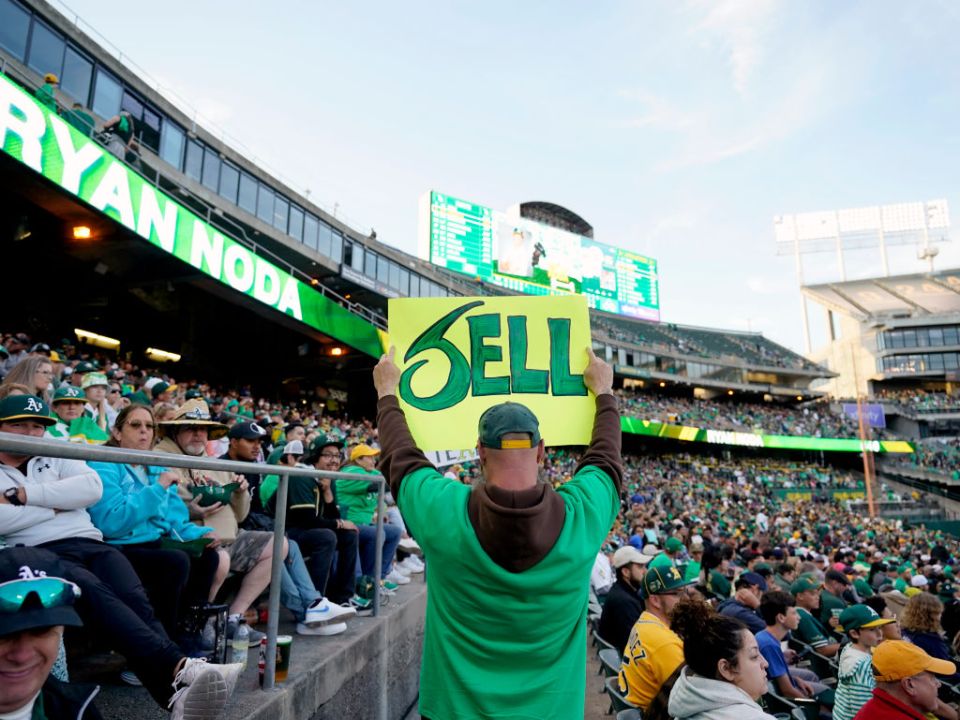The Notebook: Andy Silvester on the Tory Mayoral race, a new must-read and a tremendous lunch spot

The Tories appear to have done a real botch-job of selecting their candidate for next year’s mayoral election.
Most who were paying attention expected the final three or four to be a combination of Paul Scully, the minister for London and Sutton MP, social media star and former adviser Samuel Kasumu, techie and diplomat Daniel Korski and perhaps one of the party’s representatives in the GLA. As it is, neither Scully nor Kasumu made the final cut, a decision made by an interview panel.
With no disrespect to those candidates who did make it – Korski, Susan Hall and the barrister Mozammel Hossain – it seems like a missed opportunity.
Kasumu offered new ideas – with a particular focus on housing which rode against his party’s increasingly nimby-ish tendencies. Scully has experience as a minister and knows the incumbent mayor Sadiq Khan well. It seems strange that two strong candidates who had already secured endorsements were not given a pass into the next stage of the battle to take on the Labour candidate in a year’s time.
It furthers the impression that London is suffering from a democratic deficit. At the practical level, the mayoralty and the GLA still lack the powers they need to govern the capital – particularly on tax and spend.
That flows through to an apathy in the capital about both the top job and those who hold the mayor to account. It is high time that changed; London remains almost unique amongst global cities in being largely governed by central rather than local government, an issue which of course comes into starker light when the government of the day seems uninterested in the capital’s success.
Of the candidates, Hall has shown herself to be a thorn in the side of the mayor over many year. Little is known of Hossain’s positions. Korski, however, has made a real push in recent weeks and his fundamentally optimistic view of what a looking-to-the-future London could be has some appeal. His interesting back story, from diplomacy to tech, gives him a unique perspective. He looks the favourite to wear the blue rosette for now.
Summer arrives in the perfect way possible
Only an hour or so down the M4 lies Heckfield Place, a stunning country hotel not too far from Reading. It’s a delightful place with a Wind in the Willows feel, but the star of the show might be Hearth, an open-fire restaurant overseen by Skye Gyngell of Spring fame.
We drove down at the weekend and the food is remarkable, with a host of small plates to start in which impossibly fresh vegetables drawn from the on-site farm take centre stage, tasting every bit like the first days of summer. Bigger dishes were just as good: a pancetta-wrapped saddle of rabbit was cooked perfectly, and the grilled lobster with curry leaves and quite extroardinary smoked tomatoes comes with our hearty recommendation. A strawberry fraisier for dessert was equally memorable. Guests staying at the hotel have the luxury of an afternoon swim in the lake on the grounds, but even for those not staying the night, Hearth – and its glorious terrace – is well worth the journey.



Britain’s productive turf
Horse racing and sparkling wine are always welcome bedfellows, and I was pleased to meet both the Tote’s boss Alex Frost and the CEO of Kent vineyard Chapel Down, Andrew Carter, at a recent lunch. For all the negativity in the business pages at the moment, both operations are innovating their way to very successful futures and can rightly claim to be success stories directly rooted – quite literally – in Britain’s turf. Best of luck to them.
Living in a material world
Another book arrives which goes straight on the ‘must-read’ list. Ed Conway’s Material World is a story of the raw materials that power the modern world. As the blurb puts it, “this is the story of civilisation”. Conway is one of the most adroit commentators on economics and business of our time and his columns on the complicated world of natural resources have been must-reads for years. It’s out today and if his previous work is anything to go by it will be a very well-deserved bestseller.
When sport and business collide
When I started in business journalism, I found the easiest way to understand the City’s businesses was through the prism of sport. Take one example – when results aren’t going well on the pitch, even the most well-meaning club chairman is likely to give in to fans’ demands for the manager’s head. Ask the recently departed Nick Read (Vodafone) and Alan Jope (Unilever) if that story sounds familiar after their own brush with activist investors.

Occasionally, the worlds collide. Fans of the Oakland Athletics on Tuesday held a ‘reverse boycott’ of the team’s baseball game against Tampa, turning up en masse to demand the owner sells the team rather than move it to Vegas. Will 30,000 fans holding ‘sell’ shirts force the owner’s hand? Personally, as a former regular in the Oakland bleachers, one hopes so.